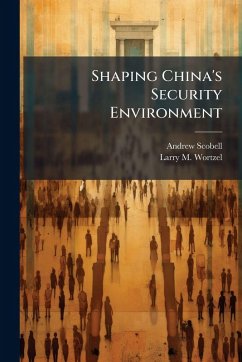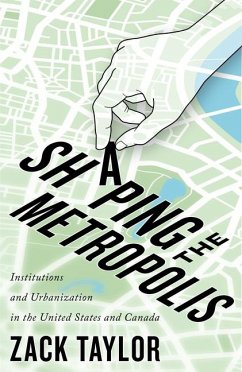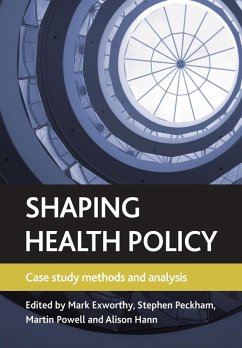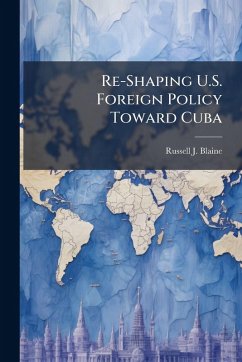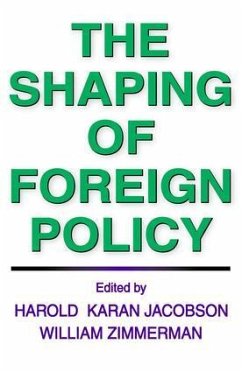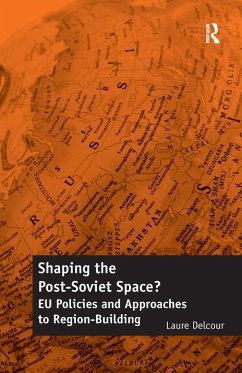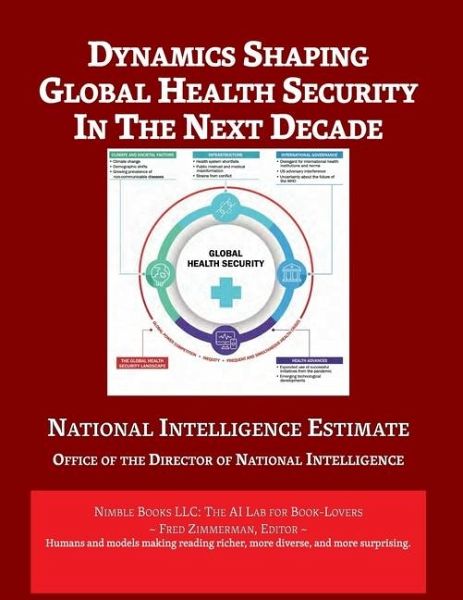
Dynamics Shaping Global Health Security in The Next Decade
National Intelligence Estimate
Versandkostenfrei!
Versandfertig in über 4 Wochen
15,99 €
inkl. MwSt.

PAYBACK Punkte
8 °P sammeln!
In a world grappling with the long shadow of a pandemic and on the brink of unprecedented environmental and social change, understanding the forces shaping our health security is no longer a matter of academic curiosity but one of urgent survival. This book, grounded in rigorous intelligence analysis, offers a roadmap to navigating the complex terrain of global health security, arming you with the knowledge to protect yourself, your loved ones, and your community. This National Intelligence Estimate (NIE) examines the state of global health security in the aftermath of the COVID-19 pandemic. C...
In a world grappling with the long shadow of a pandemic and on the brink of unprecedented environmental and social change, understanding the forces shaping our health security is no longer a matter of academic curiosity but one of urgent survival. This book, grounded in rigorous intelligence analysis, offers a roadmap to navigating the complex terrain of global health security, arming you with the knowledge to protect yourself, your loved ones, and your community. This National Intelligence Estimate (NIE) examines the state of global health security in the aftermath of the COVID-19 pandemic. Climate and societal changes are straining global health resources and increasing the risk of future health emergencies. Health systems, public mistrust and misinformation, and sustained high levels of conflict are impeding national capacities to respond to threats. Adversary interference and uncertainty about the future of the World Health Organization (WHO) are likely to erode global health governance. The report concludes that pandemic fatigue and misinformation may weaken health-seeking behaviors, such as vaccination, and result in significant health emergencies, while donor governments are shifting attention and funding to recent conflicts such as the Israel-Hamas conflict and Russia's war against Ukraine, as well as domestic economic problems. Further straining the international community's ability to address health emergencies, outbreaks of highly pathogenic avian influenza, cholera, dengue, Ebola, monkeypox, and polio have stretched global and national disease detection and response systems.The report assumes that the COVID-19 virus will continue to circulate due to waning immunity following vaccination or infection and naturally evolving viral mutations. However, it also assumes that the virus will continue to cause mostly asymptomatic or mild illness in vaccinated and previously infected individuals, and that combined with improved therapeutics, this will decrease instances of severe disease but will continue to strain already overburdened health systems. This annotated edition illustrates the capabilities of the AI Lab for Book-Lovers to add context and ease-of-use to manuscripts. It includes several types of abstracts, building from simplest to more complex: TLDR (one word), ELI5, TLDR (vanilla), Scientific Style, Action Items and Visual Abstracts; essays to increase viewpoint diversity, such as Grounds for Dissent, Red Team Critique, and MAGA Perspective; and Notable Passages and Nutshell Summaries for each page.



